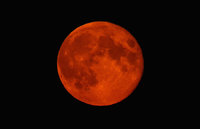
It seems lately that there is always some kind of super, blue or harvest moon going on so we may as well have a blood one to add to the list.
On Friday, July 27, the full moon will pass through the shadow of the Earth. For 143 minutes, the usually silvery moon will turn blood red and ochre. It will be the longest “blood moon” lunar eclipse of the century, lasting 26 minutes longer than the last total lunar eclipse, in January.
Sadly it looks like Salford may miss out on the spectacle as the weather forecast for the evening is set for rain as well as thunder & lightning.
On the off-chance the weather does clear up, unlike with solar eclipses, you need no special equipment to observe lunar eclipses. These latter events, which occur when the moon passes into Earth's shadow, are safe to view directly with the naked eye, telescopes or binoculars.
The Science bit...
The moon turns deep red or reddish brown during eclipses, instead of going completely dark. That's because some of the sunlight going through Earth's atmosphere is bent around the edge of our planet and falls onto the moon's surface.
Friday’s lunar eclipse will be particularly special as it is the longest total lunar eclipse of the 21st century.
The total phase of the eclipse will last for an impressive 1 hour and 43 minutes, while the entire eclipse, including the partial phases, will last for over 6 hours.
One reason why this eclipse is lasting so long is that it is occurring when the moon is near apogee, or the point in its orbit when it is farthest away from the Earth, making it appear smaller than normal.
This is sometimes referred to as a ‘micromoon,’ and is the opposite of the well-known supermoon, or perigee (when the moon is at its closest to Earth).
Another factor that is playing a role in the eclipse’s duration is the path that the moon is taking through the Earth’s shadow. During Friday’s eclipse, the moon will be passing almost directly through the middle of the shadow, maximizing the time that moon spends in darkness.
Salford will start to see the eclipse happening from around 9.06pm on July 27 (Weather Permitting), when the Earths shadow will start to cross the surface of the moon.
We will not be able to see the whole eclipse as the moon will be below the horizon.
The moons maximum or totality as it is also known will happen at 9.21pm and will end at 12.28am, just after midnight on Saturday.
The total visible length of the eclipse will be 3 hrs 28 minutes.
The next time there is a total lunar eclipse this long will not be until June 9, 2123.
People in Manchester can first see the eclipse happening at 9.06pm on July 27, as the Earth's shadow moves across the moon.
The eclipse actually starts to happen before then - from 6.14pm - but the moon will be below the horizon so we won't be able to see it until later.
The eclipse will reach maximum or totality at 9.21pm and ends at 12.28am on Saturday, July 28.
Oh, and the earth won't end then either.
Edited by KARL




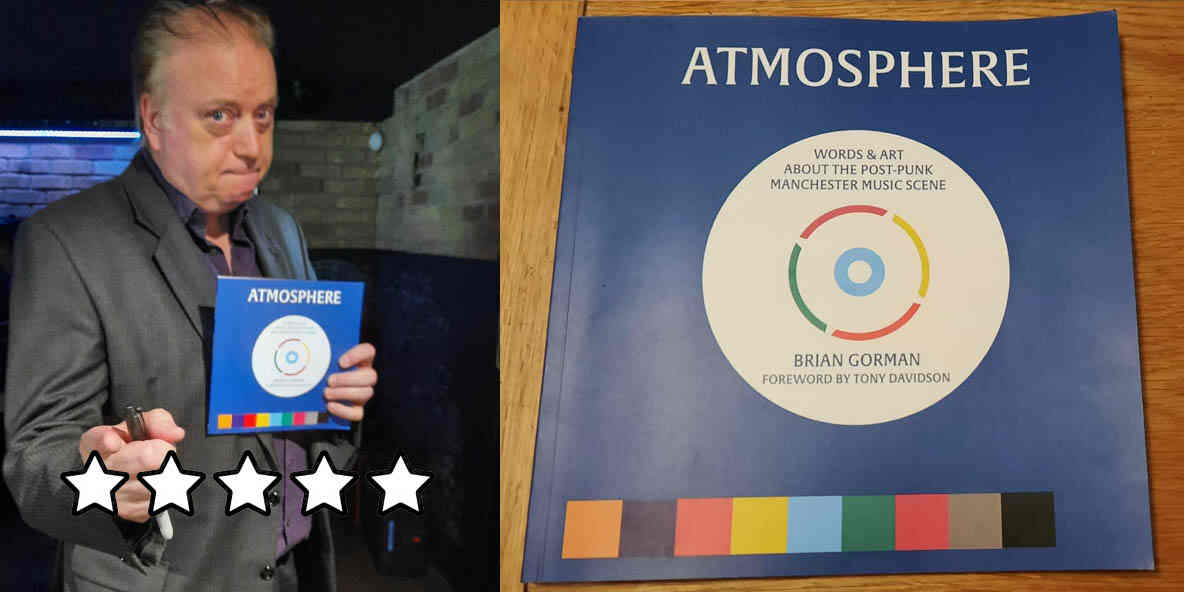
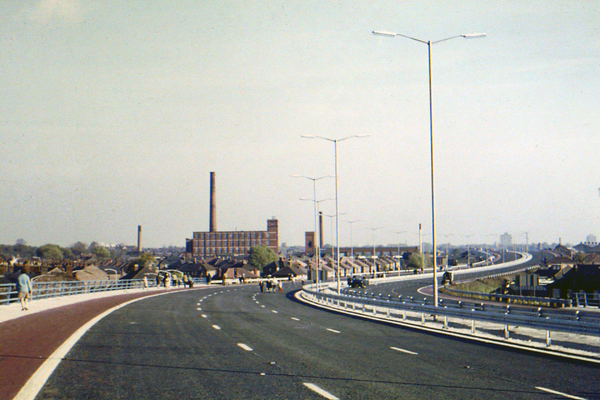
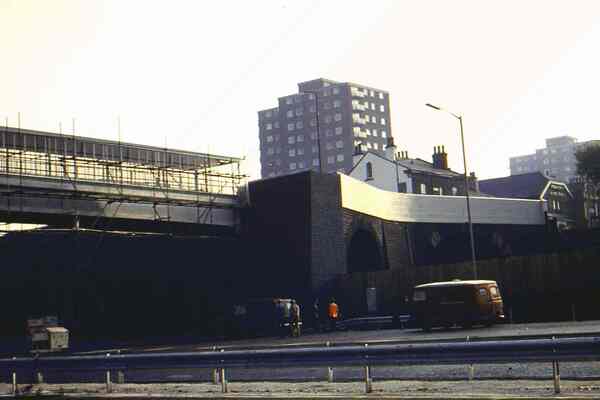
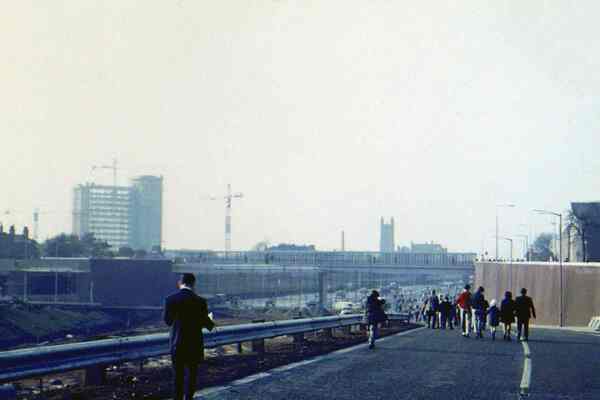
Recommended Comments
There are no comments to display.
Create an account or sign in to comment
You need to be a member in order to leave a comment
Create an account
Sign up for a new account in our community. It's easy!
Register a new accountSign in
Already have an account? Sign in here.
Sign In Now